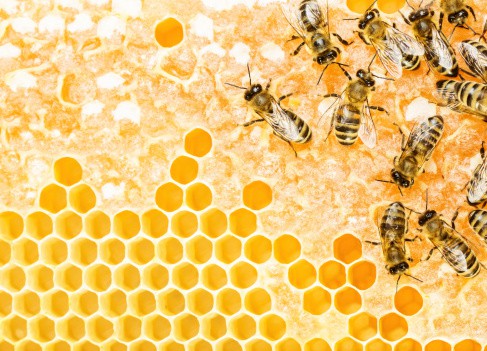
With the widespread decline of honeybees and other pollinators that pollinate one-third of our food, the Ontario government has announced to put restrictions on neonicotinoid presticides. This type of toxic pesticide is largely used to protect crops from insects, and it is also seen as one of the biggest causes of honeybee decline throughout the world.
Taking charge
In Ontario, the toxic pesticides called neonics are used on grain, canola and most soybeans as well as a lot of fruits and vegetables. With the restriction, by the end of 2017, 80 per cent of fields with neonics on the seeds will cease to exist. Those who do contain neonics will be granted only to qualified farmers under the Pesticides Act.
Ontario is the first in North America to restrict pesticides in an effort to protect bees and the environment. While the reason behind the alarming number of bee deaths this past winter is unknown, experts credit it to virus-cary mites and starvation as well as neonic poisoning from crops.
“Our agricultural industry depends on safe, healthy lands to be productive. This is why Ontario farmers have taken significant action to reduce pesticide use, reducing overall usage by some 45 per cent in the past three decades,” Jeff Leal, minister of agriculture, said in a press release, reports the Globe and Mail. “We know there is more that can be done, and we will work with farmers to protect the environment and grow the agricultural sector. ”
The government’s goal is to bring the 25 per cent bee loss to a 15 per cent by 2020.










